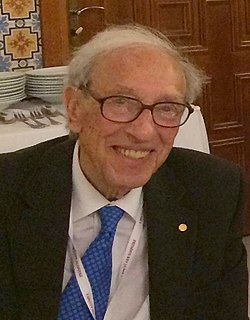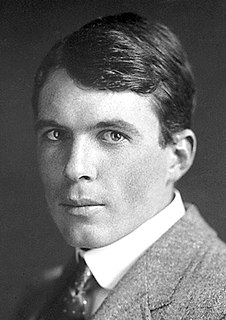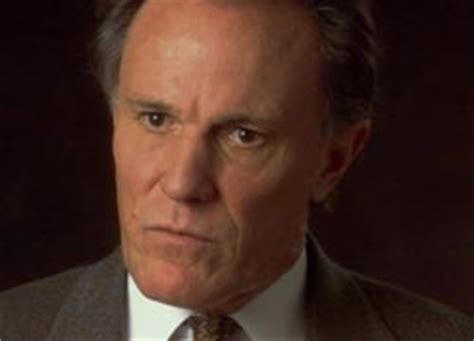A Quote by Peter Medawar
Scientists are entitled to be proud of their accomplishments, and what accomplishments can they call 'theirs' except the things they have done or thought of first? People who criticize scientists for wanting to enjoy the satisfaction of intellectual ownership are confusing possessiveness with pride of possession. Meanness, secretiveness and, sharp practice are as much despised by scientists as by other decent people in the world of ordinary everyday affairs; nor, in my experience, is generosity less common among them, or less highly esteemed.
Quote Topics
Accomplishments
Affairs
Among
Be Proud
Call
Common
Confusing
Criticize
Decent
Despised
Done
Enjoy
Entitled
Everyday
Except
Experience
First
Generosity
Highly
Intellectual
Less
Meanness
Much
Nor
Ordinary
Other
Ownership
People
Possession
Possessiveness
Practice
Pride
Proud
Satisfaction
Scientists
Sharp
Them
Things
Thought
Wanting
World
Related Quotes
Scientists are people of very dissimilar temperaments doing different things in very different ways. Among scientists are collectors, classifiers and compulsive tidiers-up; many are detectives by temperament and many are explorers; some are artists and others artisans. There are poet-scientists and philosopher-scientists and even a few mystics.
I feel very strongly indeed that a Cambridge education for our scientists should include some contact with the humanistic side. The gift of expression is important to them as scientists; the best research is wasted when it is extremely difficult to discover what it is all about ... It is even more important when scientists are called upon to play their part in the world of affairs, as is happening to an increasing extent.
Global warming is a false myth and every serious person and scientist says so. It is not fair to refer to the U.N. panel. IPCC is not a scientific institution: it’s a political body, a sort of non-government organization of green flavor. It’s neither a forum of neutral scientists nor a balanced group of scientists. These people are politicized scientists who arrive there with a one-sided opinion and a one-sided assignment.
Scientists and theologians can’t offer better than circular arguments, because there are no other kinds of arguments. Bible believers quote the Bible, and scientists quote other scientists. How do either scientists or theologians answer this question about the accuracy of their conclusions: “In reference to what?
My two older brothers are both molecular biologists and neuroscientists, and I feel like representing them accurately is never done in movies, and I really wanted to at least capture the spirit of a Ph.D. student whose goal and aspiration is to increase the sum total of human knowledge. That is noble. That was really, really important, to capture the three-dimensionality of scientists. Scientists fall in love, scientists have the greatest sense of humor, scientists are passionate.
You ask people, do you pray to [a person or] God. If you say yes to that, you're religious by, presumably, anybody's standards of your conduct. And it's the yes to that question that applies to 40% of scientists. So, there're plenty of atheists who are scientists or not scientists. There maybe a conflict but many people in this country coexist in both worlds.
The Intelligentsia (scientists apart) are losing all touch with, and all influence over, nearly the whole human race. Our most esteemed poets and critics are read by our most esteemed critics and poets (who don't usually like them much) and nobody else takes any notice. An increasing number of highly literate people simply ignore what the 'Highbrows' are doing. It says nothing to them. The Highbrows in return ignore and insult them.
The government employs scientists of many varieties in technical capacities, from estimating the environmental toxicity of a chemical to the structural soundness of a bridge. But when it comes to forming policies, these scientists and, especially, behavioral scientists are rarely at the table with the lawyers and the economists.


































